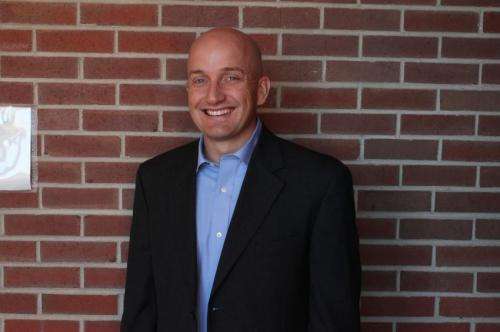Scared of crime? Good.

In the past half-century, fear of crime in the United States has fueled "white flight" from big cities, become known as a quality of life issue and prompted scholars and law enforcement experts to address ways of reducing this fear.
But a study by a Michigan State University criminologist challenges this longstanding theory by arguing that a healthy fear of crime is, in fact, a good thing.
The study, published online in the journal Justice Quarterly, suggests adolescents who are more fearful of crime are less apt to become victims and offenders of violent acts. Essentially, fearful youth tend to avoid potentially dangerous people, locations and activities such as drug-fueled parties, said Chris Melde, MSU associate professor of criminal justice.
Instead of trying to reduce this fear, Melde said law enforcement agencies should focus on direct anti-crime initiatives and providing details on which crimes are most likely to occur, and where. This would help citizens become better informed on issues that could affect their routine activities and safety.
"If we're going to reduce crime and victimization, we should present people with an accurate assessment of crime and delinquency in local areas," Melde said. "Policies aimed at fear reduction are not likely to be effective crime-reduction strategies."
Melde studied more than 1,600 youth from across the United States during a one-year period. He found that respondents who reported more fear were less likely to be involved in violent acts such as assaults, robberies and gang fights.
Interestingly, the results held for both victims and offenders. That's because the two groups often come from the same pool of people, which is called the "victim-offender overlap." While there are "pure" victims, Melde noted, disentangling victim from offender can come down to determining who started a street fight.
The findings relate to situations people can avoid, Melde said, and not to the types of victimization that deal with one person's power over another, such as child abuse and domestic violence.
"We should leave fear alone as a natural response to crime unless it reaches that chronic or phobic level," Melde said. "That's when you want to intervene."
Journal information: Justice Quarterly
Provided by Michigan State University

















